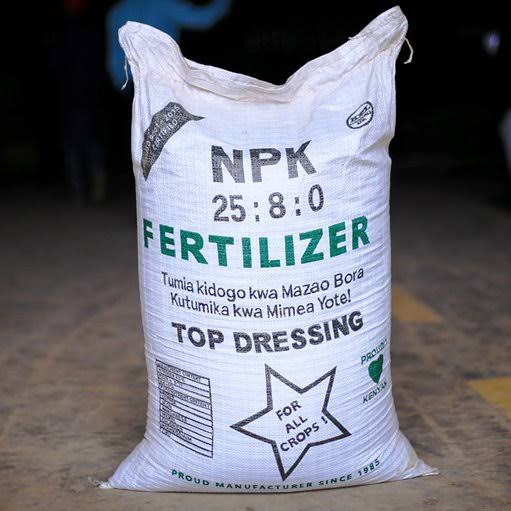By Dr.Raja Dakhali
Soil nutrition is at the heart of healthy plant growth, and understanding how nutrients like Nitrogen (N), Phosphorus (P), and Potassium (K) interact with each other is essential for effective farming. Commonly referred to as NPK, these three primary nutrients form the foundation of most fertilizers and play crucial roles in a plant’s development. But how does adding NPK affect the broader nutrient balance in your soil? Let’s explore this intricate relationship and learn how to manage soil nutrition effectively.
1. Primary Nutrients: The Power Trio
- Nitrogen (N): Known for promoting lush, leafy growth, nitrogen is a key component of chlorophyll and essential for photosynthesis.
- Phosphorus (P): Vital for strong root development and flowering, phosphorus supports plants at the structural level, enhancing nutrient transfer and energy storage.
- Potassium (K): Potassium strengthens plant resilience, helping them fight diseases and tolerate stress like drought or extreme temperatures. It also plays a role in water regulation within plant cells.
2. The Domino Effect: How Adding NPK Influences Other Nutrients
Adding NPK to soil not only delivers essential nutrients but also triggers changes in the uptake of other macro and micronutrients. Here’s what you need to know:
- Macro Nutrients (Calcium, Magnesium, Sulfur): While NPK provides key nutrients, it may disrupt the absorption of others. For instance, too much nitrogen can interfere with calcium uptake, weakening cell walls and leading to poor plant structure.
- Micro Nutrients (Iron, Zinc, Copper): The balance of micronutrients is delicate. A spike in phosphorus levels, for example, might limit the availability of zinc and copper, both critical for enzyme functions and overall plant health.
3. Striking the Balance: Key Considerations
Effective nutrient management means recognizing how NPK interacts with other soil components and adjusting accordingly:
- Soil pH: NPK can alter soil pH, which impacts the availability of various nutrients. Regular soil testing is crucial to maintaining an optimal pH range for nutrient absorption.
- Plant-Specific Needs: Every plant has unique nutrient requirements. Tailor your NPK application to suit the needs of the specific crops you’re growing. For example, leafy vegetables may require more nitrogen, while root crops need more phosphorus.
4. The Art of Nutrient Management
Achieving a balanced nutrient profile takes careful observation and timing:
- Observation is Key: Keep a close eye on plant health. Yellowing leaves, stunted growth, or poor yields can indicate nutrient imbalances or deficiencies.
- Seasonal Adjustments: Plants have different nutrient needs throughout their growth cycles. Adjust your NPK ratios seasonally to support changes in growth stages, from vegetative growth to fruiting and flowering.
5. Sustainable Practices for Long-Term Soil Health
To maintain healthy, fertile soil over time, consider these sustainable practices:
- Organic Matter: Incorporating compost or other organic materials helps improve soil structure, enhances nutrient retention, and promotes microbial activity essential for nutrient breakdown.
- Crop Rotation: Diversifying your crops prevents soil nutrient depletion and reduces the risk of nutrient imbalances. Crop rotation allows different plants to utilize varying nutrient profiles, creating a more balanced soil ecosystem.
Conclusion
The addition of NPK to your soil creates a dynamic interaction between primary, macro, and micronutrients. By understanding these relationships and carefully managing nutrient applications, you can cultivate healthier soils and more productive crops. Regular soil testing, plant monitoring, and sustainable practices will help you fine-tune your nutrient management for long-term success in agriculture.

